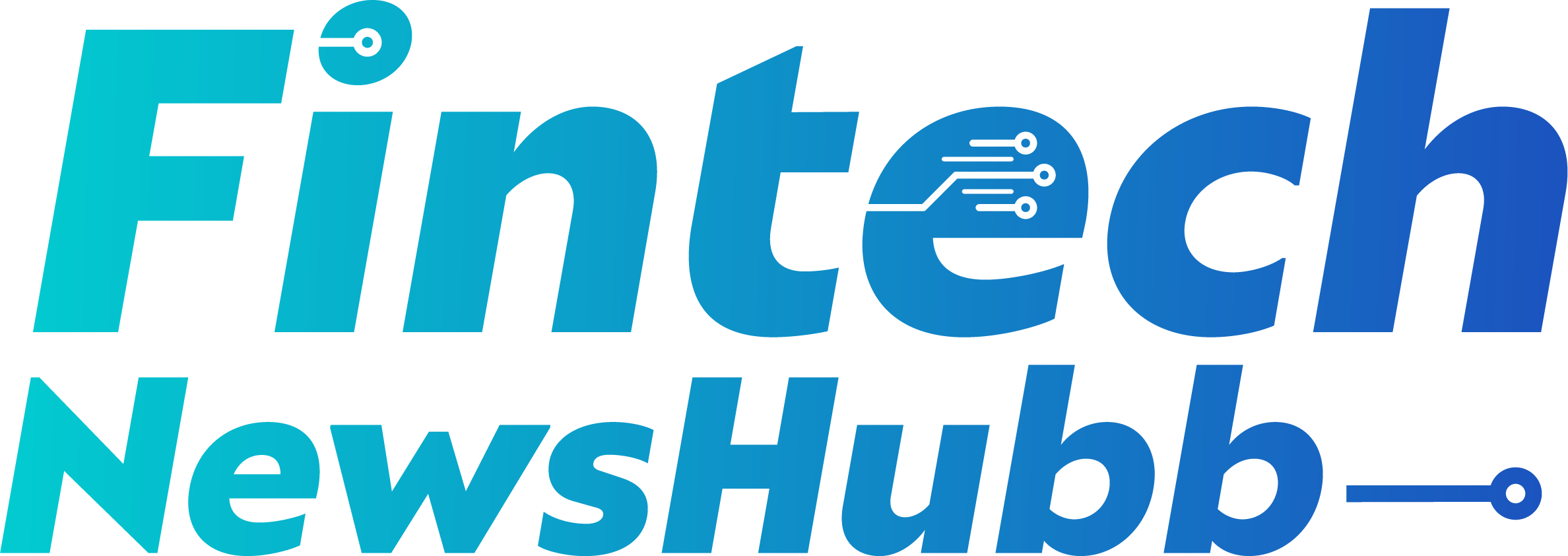“Cure-grade cells, without the wait.”
The greatest limitation of autologous CAR-T therapies has been cost and time: each patient’s cells must be harvested, engineered, and reinfused, an expensive, weeks-long process. Two converging frontiers are breaking these barriers: off-the-shelf iPSC-derived NK/CAR-NK therapies and in-vivo CAR-T programming via lipid nanoparticles. Together, they promise broader access, lower costs, and new markets in oncology and autoimmune disease.
Introduction
Elena, 42, had relapsed lymphoma and limited time. In the past, she would have waited weeks for her own cells to be modified into CAR-T. Now, she enrolled in a trial delivering off-the-shelf NK cells from iPSCs, ready when needed. Meanwhile, another hospital tests lipid nanoparticles that reprogram T cells inside the body, no factory, no wait. And just last week, AstraZeneca acquired a startup advancing in-vivo editing, validating the trend. For patients like Elena, what once seemed futuristic is becoming treatment today.
Allogeneic iPSC Platforms
Induced pluripotent stem cell (iPSC)-derived therapies are showing promise in early trials, not only in cancers but also in autoimmune conditions like systemic sclerosis. Their advantages: scalability, speed, and reduced cost of goods. Challenges remain in persistence and immune rejection, but the trajectory is promising.
Investment: Building GMP-grade iPSC banks and editing toolkits will become critical supply chain assets.
In-Vivo CAR-T Engineering
Lipid nanoparticles can deliver genetic instructions directly to T cells, turning them into CAR-T cells inside the patient. This innovation collapses timelines from weeks to hours and opens the door to treatment at community hospitals rather than specialized centers.
Investment Link: Targeted delivery stacks, LNPs, ligand libraries, QC analytics, represent horizontal platforms that can be licensed across multiple indications.
Strategic Consolidation
AstraZeneca’s 2025 acquisitions underscore big pharma’s conviction in the cell-therapy space, particularly in in-vivo approaches. M&A validates the commercial potential and signals accelerated competition.
Investment: Early bets on delivery-platform companies are likely to attract strategic buyers.
Oncology + Autoimmune Crossover
Cell therapy is expanding beyond cancer into autoimmune diseases, leveraging the same genetic programming to reset immune balance. This widens the total addressable market significantly, beyond oncology.
Investment: Autoimmune-focused clinical networks and diagnostic stratification tools can help identify patient populations and accelerate adoption.
Conclusion
Cell therapy is shifting from bespoke manufacturing to universal supply and in-vivo programming. The winners will simplify production, expand access, and leverage synergies with ADCs and radiopharma. For investors, this means backing scalable platforms with precise delivery and durability.
References:
MedicalXpress on universal CAR-NK
Fate Therapeutics FT522
Phys.org on in-vivo CAR
AstraZeneca acquisition
Cell journal preview


